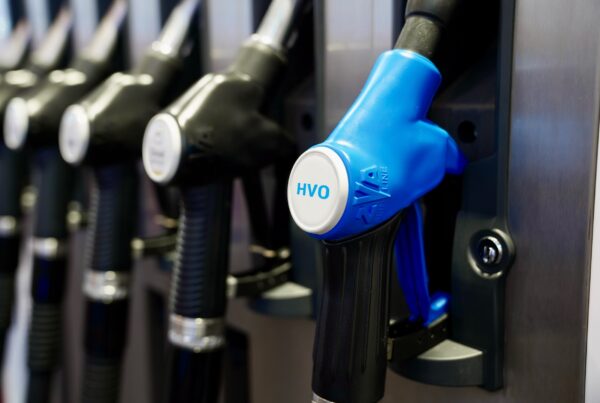In the state of Saxony-Anhalt, in Leuna, an exciting research project is currently underway, focusing on the development of electricity-based fuels. The aim of the project is to make a contribution to reducing climate-harming emissions in the transportation sector. Various companies and research institutions are collaborating in a consortium to achieve this goal.
The consortium comprises renowned partners such as the oil company TotalEnergies, Global Bioenergies GmbH, the Fraunhofer Institute for Large Structures in Production Engineering, and Martin Luther University Halle-Wittenberg. Together, they aim to advance the development and production of electricity-based fuels.
Electricity-based fuels, also known as e-fuels, are produced through electrolysis. Excess electricity from renewable sources is used to split water into hydrogen and oxygen. The obtained hydrogen can then react with CO2 from the ambient air to produce synthetic fuels such as methanol or kerosene. These e-fuels can replace conventional fossil fuels in vehicles, thereby contributing to the reduction of greenhouse gas emissions.
The research project in Leuna aims to optimize the production of electricity-based fuels and improve the economic viability of this technology. For this purpose, a pilot plant will be established to test the production and processing of e-fuels. Additionally, different methods and technologies for implementing the electrolysis process will be explored.
The significance of the project lies in the potential scalability of electricity-based fuel production. If it is possible to reduce production costs and optimize the technology, e-fuels could play a crucial role in decarbonizing the transportation sector in the future. Especially in areas such as aviation or shipping, where alternative propulsion technologies are still limited, electricity-based fuels could be a promising option.
The research project in Leuna is another step towards a more sustainable mobility and a reduction in dependence on fossil fuels. Through the close collaboration of companies and research institutions, valuable insights are being gained, which can contribute to the further development of electricity-based fuel technology. With this innovative approach and a focus on renewable energy, Saxony-Anhalt once again demonstrates its commitment to climate protection and a sustainable energy supply.
Foto von RephiLe water auf Unsplash




